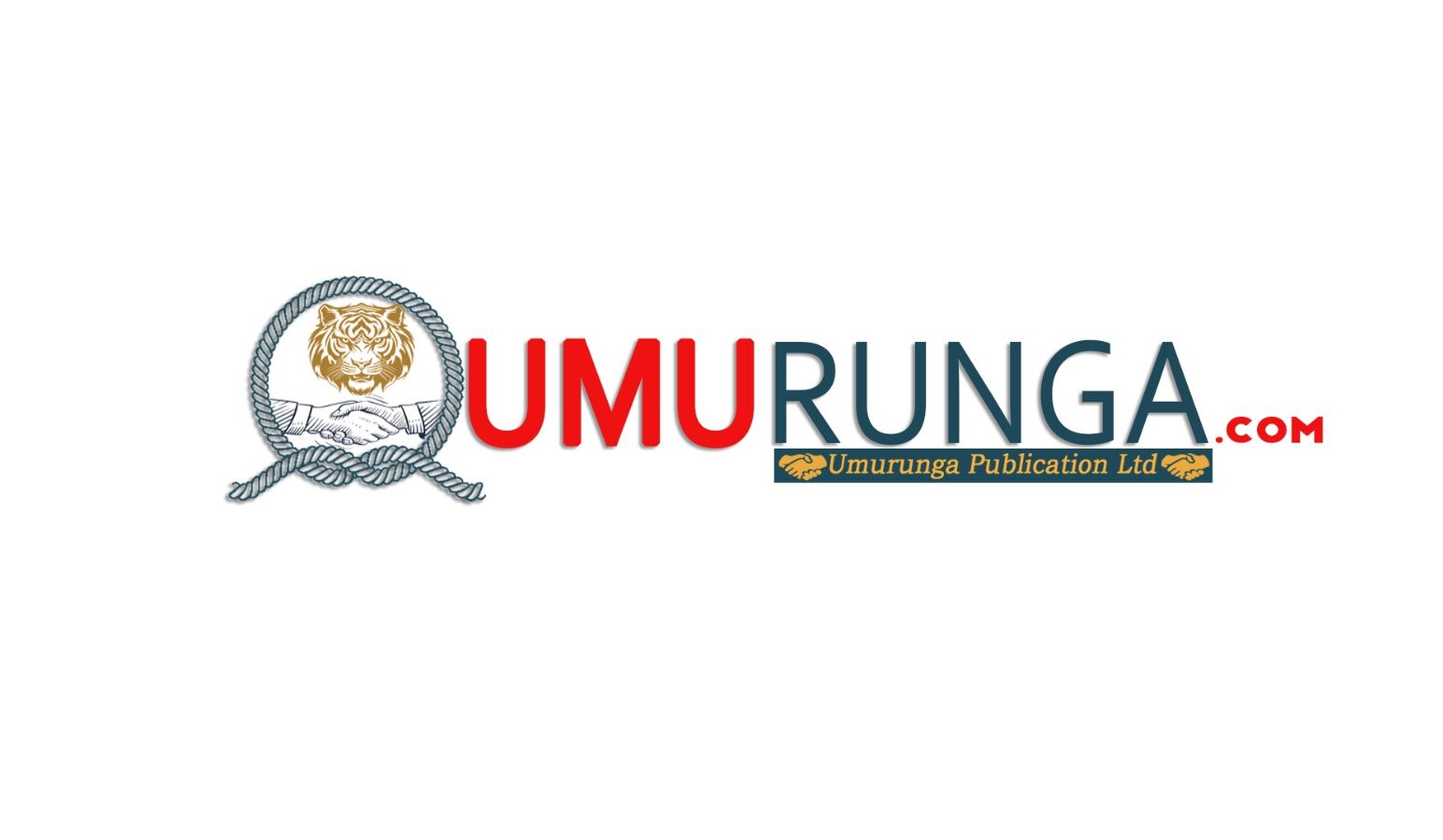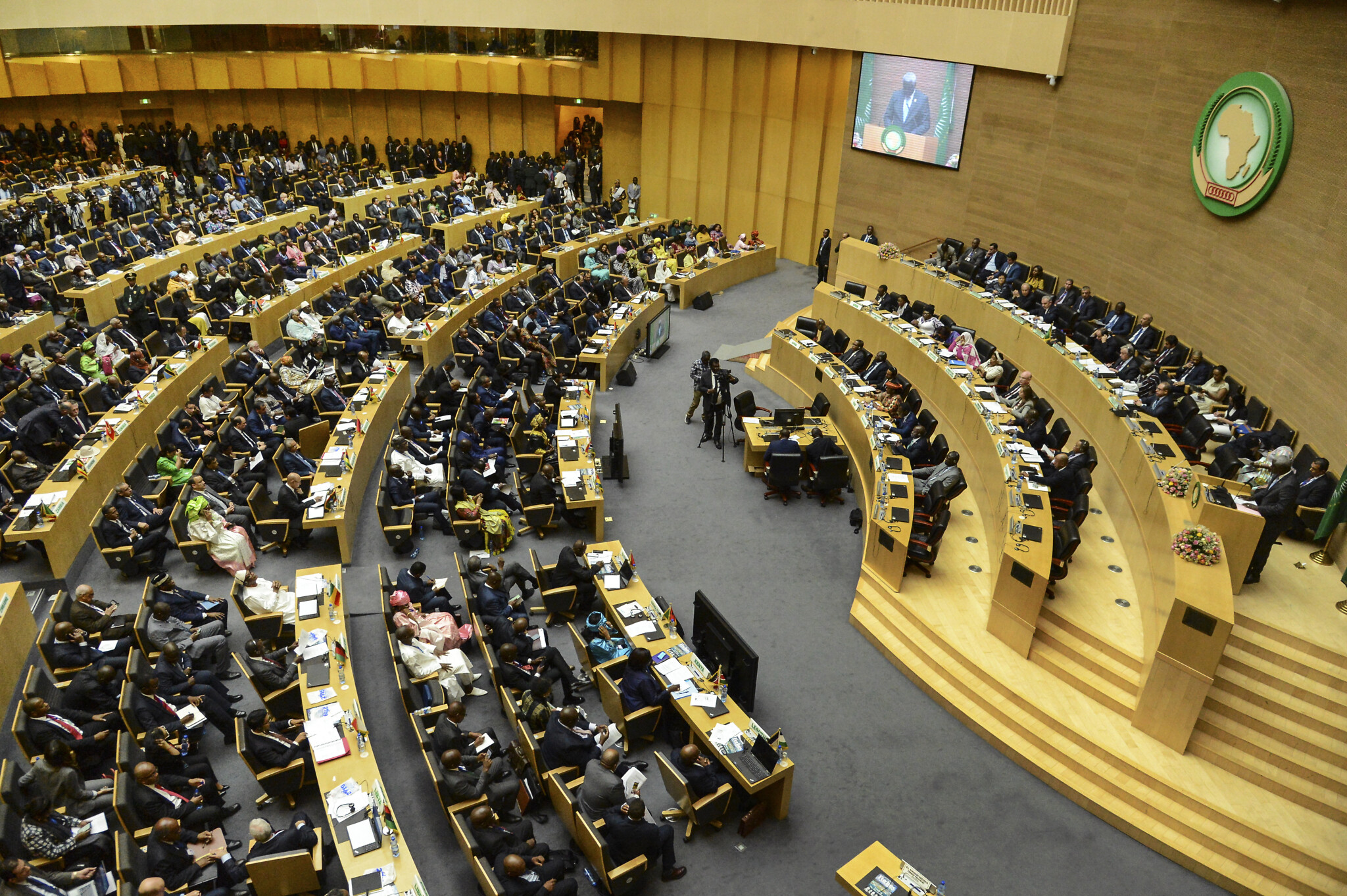The African Union (AU) is anticipated to establish the “Africa Club,” an Alliance of African Multilateral Financial Institutions (AAMFI) with the goal of fortifying and bolstering Africa’s standing in the dynamic global financial system.
The launch is scheduled on February 17 as part of the 37th Ordinary Session of the AU Assembly, during the Presidential Dialogue on African Union financial institutions and changes of the global financial architecture.
Africa’s economic future is greatly influenced by the global financial architecture, which includes financial regulatory agencies, international financial institutions, and global economic governance frameworks.
African leaders have, however, repeatedly urged for changes to these financial organizations that operate on an unfair quota system that benefits wealthy countries. These calls are then used to justify ever reduced allocations and voices to Africa, whose needs vastly outweigh those of wealthier countries.
African nations established the treaty known as African Multilateral Financial Institutions (AMFIs), which are owned and governed by Africans, in response to the shortcomings of the continent’s and the world’s financial systems.
The African Finance Corporation (AFC), African Reinsurance Corporation (Africa Re), African Export Import Bank (AfreximBank), Trade and Development Bank (TDB), and African Trade and Investment Development Insurance (ATIDI) are a few of them.
Since its founding, they have had an increasing influence on financing and investment in the continent; as a result, they now hold assets valued at over $53 billion, having drawn over $8.6 billion in equity investment, mostly from African nations, to support the resilience and growth of the continent.
These organizations are among the front-runners in advocating for infrastructure financing, trade, and investment in Africa to assist the implementation of AU Agenda 2063 and the African Continental Free Trade Area (AfCFTA).
In keeping with their individual mandates and the development goals of their member states, the founding of the alliance, Africa Club, aims to bring member institutions together to solve financing issues and support Africa’s sustainable economic development and integration objectives.
As previously mentioned, any African multilateral financial institution that satisfies the Club’s goals, purposes, and requirements is eligible to become a member.
For an extended period, the African Union (AU) and African leaders have emphasized the necessity of forming an African Monetary Union through the harmonization of monetary zones, the establishment of three financial institutions within the Union (African Central Bank (ACB), African Monetary Fund (AMF), and African Investment Bank (AIB), and the possibility of establishing a Pan-African Stock Exchange (PASE).
All financial institutions have not, however, received the necessary number of ratifications to come into effect.
![]()

